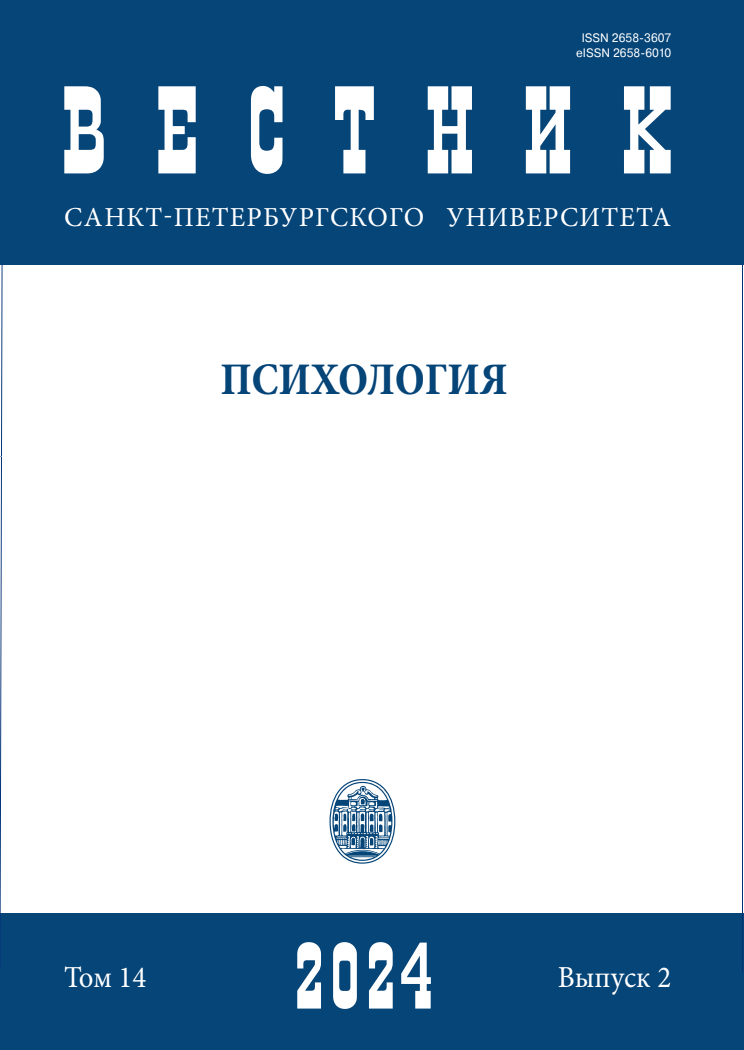Psychology and education in the 21st century: Analysis of the Russian teachers’ beliefs regarding the use of modern psychological knowledge in practice
DOI:
https://doi.org/10.21638/spbu16.2024.211Abstract
The article proposes an approach to assessing the psychological knowledge of teachers through the analysis of their beliefs regarding the evidence-based principles formulated in the sciences of education in recent years. The study was conducted in 2021/2022 on a sample of Russian school teachers (N = 344, 93.3 % women, 41.7 % from Moscow). The authors’ questionnaire for the study of school teachers’ beliefs was used, based on the 20 evidence-based psychological principles important for teaching and learning, assessing the possession of principles in six areas: the role of the teacher in the effectiveness of learning; lack of faith in myths about teaching and learning; psychologically safe environment; student motivation; classroom management; assessment. The level of teachers’ conviction in the truth of evidence-based psychological principles ranges from 27.9 to 87.9%, while the higher the teacher’s experience, the less likely he believes in such principles and the more often he relies on unsubstantiated statements about teaching and learning. The highest levels of possession of evidence-based psychological knowledge by teachers are demonstrated in blocks related to student assessment and the creation of a psychologically safe environment compared to blocks describing the principles of classroom management, student motivation and the role of the teacher in learning effectiveness. It is also shown that teachers consider psychological knowledge necessary rather in non-standard, difficult practice situations (children with low educational motivation, low level of educational skills, conflicts, strong emotional reactions of students) than in standard situations (preparing and conducting lessons, interacting with students and their parents). The study showed the need for further development of such an approach to the study of psychological knowledge of teachers, which would be based on an assessment of their beliefs in the use of evidence-based psychological principles to resolve specific situations of school practice. The data obtained indicate the need to improve the psychological competence of teachers in general.
Keywords:
psychological knowledge, teachers, teachers' beliefs, psychological competence, principles of effective teaching
Downloads
References
References
Downloads
Published
How to Cite
Issue
Section
License
Articles of "Vestnik of Saint Petersburg University. Psychology" are open access distributed under the terms of the License Agreement with Saint Petersburg State University, which permits to the authors unrestricted distribution and self-archiving free of charge.




